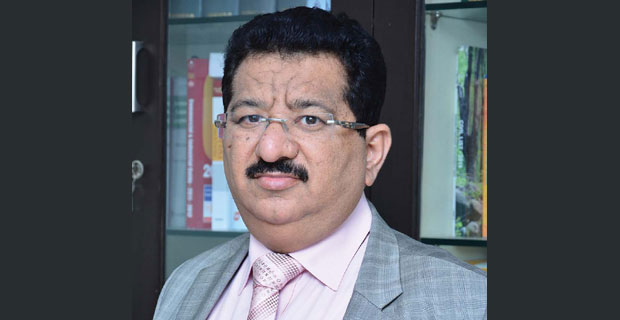FDI POLICY: AN OVERVIEW
India is now the most open economy in the world for Foreign Direct Investment (FDI). In June 2016, the Union Government radically liberalized the FDI regime, the second major reform after significant changes in November 2015. For the benefit of Foreign Investors, the author provides a broad overview of the new FDI policy
However, the government has tightened rules for such companies producing items with cutting-edge and state-of-art technology - by giving them only a three-year blanket exemption from the 30 per cent local sourcing norm over and above the five years where the 30 per cent procurement requirement would have to be met as an average of five years’ total value of the goods purchased. This is to ensure that they manufacture in India rather than making profits through just trading activities.
In defence, foreign investment beyond 49 per cent (and up to 100 per cent) has been permitted through the government approval route, in cases resulting in access to modern technology in the country. The condition of access to ‘state-of-art’ technology in the country has been done away with, as many foreign investors had complained about the ambiguity regarding that term.
The government has permitted 100 per cent FDI in India-based airlines. However, a foreign carrier can only own up to 49 per cent stake in the venture, and the rest can come from a private investors including those based overseas. This is expected to bring in more funds into domestic airlines. To boost airport development and modernization, 100 per cent FDI in existing airport projects has been allowed without government permission, from 74 per cent permitted so far. The move comes close on the heels of the new civil aviation policy that relaxed norms for domestic carriers to fly abroad.
“Today’s FDI reforms will give a boost to employment, job creation and benefit the economy. This is major (FDI) reform after the last radical changes announced in November 2015,” Mr. Modi said in a tweet in June 2016.
But taking into account its Make in India initiative aimed at promoting manufacturing, the government sought to streamline the waiver from local sourcing norms under single-brand retail to companies with state-of-the-art and cutting edge technology.
· It limited the exemption to three years, with the option of a subsequent five-year extension, to encourage such manufacturers to source from India.
· The exemption to firms with state-of-the-art and cutting- edge technology will be limited to eight years, said Mr Ramesh Abhishek, Secretary, Department of Industrial Policy and Promotion, adding that the government will inform Apple Inc. about the new changes.
· Apple, the maker of iPhones and iPads, was among the few companies that had sought a waiver from the mandatory sourcing norms from the government to enable it to open exclusive Apple stores.
With the latest wave of significant and radical changes in the FDI policy it is genuinely hoped that there would be considerable ease of doing business in the county leading to larger FDI inflow contributing to growth of investment, incomes and employment.
—The author is Founder and Managing Partner of Anand Law Practice. He can be rached at Kamalkanand@anandlawpractice.com











Comments.